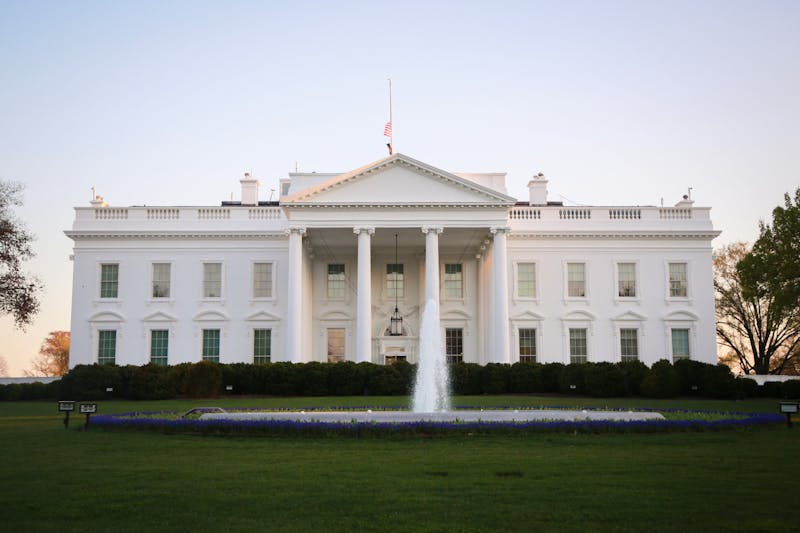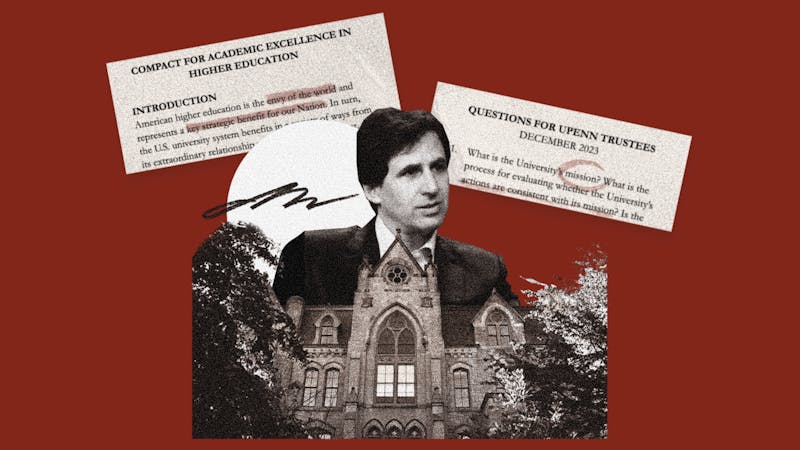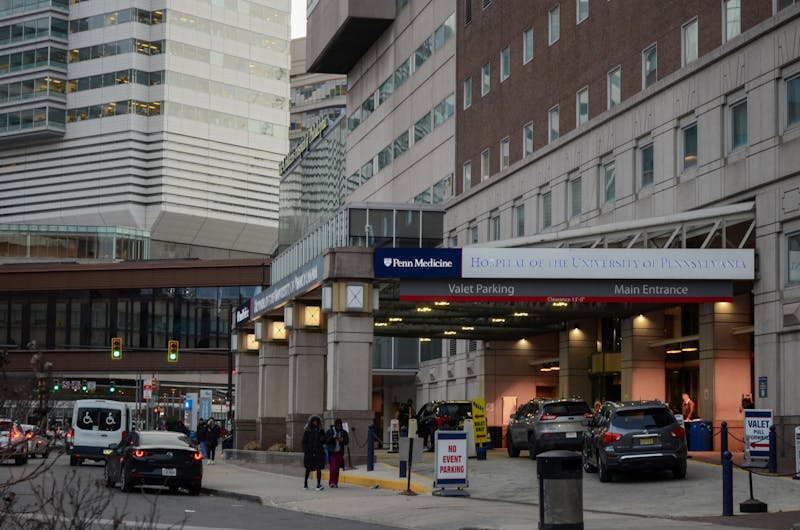
The day after the election, the day of John Kerry's concession speech, I rode the subway to City Hall. I was in a mental bubble, when suddenly I realized that, in the heart of the city, I was surrounded by silence. It was 5 p.m., and a wave of people was leaving work without talking, rushing past me in that early-onset darkness of standard time. The city, I was later told, had been strangely quiet all day. On an elevator, I rose above street level, then made my way to the office where my Republican (gasp!) stepfather has his desk.
I looked west out of the window and just listened. Dark swirling clouds of birds were black silhouettes against the darkening sky. Their cries were all that I could hear. I said aloud that it was like the Hitchcock movie, and that the birds were finally ready to take revenge.
You can probably tell that I'm a Democrat. Boo hoo, I lost. I should get over it. I still love America, I don't honestly hate George W. Bush and I think it's high time Democrats along the Northeast corridor realized there's more to America than just them. The sounds of a city silenced -- it's a story of real and legitimate pain, but it's also just melodrama.
OK, fine. But, Democrats, listen up -- I want you to do me a favor. Stop disenfranchising me. That's right, you heard me. It's my own party that doesn't seem to want my vote to count. I, like millions of other Democrats who don't have residency in Iowa or New Hampshire, never really had any say at all in selecting my party's presidential candidate. Kerry blanketed Iowa with $2 million worth of political ads, pumped $6.5 million of his own money into his campaign, outspending the other candidates. Two states, a few wealthy people and the whole thing was over. For most of us Democrats, our opinion didn't really matter.
That certainly isn't very democratic.
At 7 a.m. last Tuesday, I pressed a button that made a little red light appear next to John Edwards' name. I didn't really know what to expect, should my candidate succeed. I hadn't even liked the guy until I read a very, very long article in The New York Times Magazine that gave me an image of the man on Sept. 11. It was the first time that I'd been able to imagine him as an actual person. Still, I voted for better interactions between our government and our environment, for the hope that gay people could get married if they feel like it and for greater transparency in government, especially when it comes to starting wars. The fact that this meant I was technically voting for an individual by the name of John Kerry was merely incidental.
Voting is always an act of faith. We never know what we're going to get, whether we win or lose the election itself. No matter what Dick Cheney tells you, the Sept. 11ths, the big moments, these will overtake us no matter who we vote for, and no matter who wins. But by voting, we are trying in our own very small way to influence very large events. We can't know what will happen, but we hope for the best of possible futures.
Voting for the president could be much more meaningful if only we had national primaries. Imagine the opportunity to choose your party's eventual nominee from a number of qualified candidates. Imagine Howard Dean and Dick Gephardt visiting your state and shaking your hand. Or if you prefer, imagine John McCain and Rudy Giuliani.
A national primary would also rid us of the current format for national political conventions. They are useless infomercials. Folks already know who the nominees are going to be, just as they know that most of us didn't really choose them.
To get a national primary for the next election, we need to organize now. It could be a bipartisan initiative, or the Democrats could just go it alone. We could get a national primary in either of two ways. The states could enter into a compact and agree on a day to vote on the presidential candidates. This is a fairly normal practice; states enter into compacts to regulate dams, bridges and ports. Nothing revolutionary here. Alternatively, Congress could enact a national primary, just as it regulates campaign finances and voting procedures.
As a committed Democrat, I was disenfranchised by my own party. I never got the chance to participate in the selection of my ticket. Now more than ever, we need a national presidential primary.
Danielle Nagelberg is a junior International Relations major from Philadelphia. Schuylkill Punch appears on Tuesdays.
The Daily Pennsylvanian is an independent, student-run newspaper. Please consider making a donation to support the coverage that shapes the University. Your generosity ensures a future of strong journalism at Penn.
DonatePlease note All comments are eligible for publication in The Daily Pennsylvanian.







